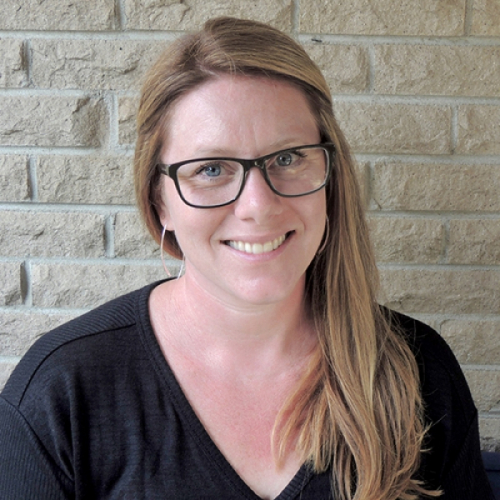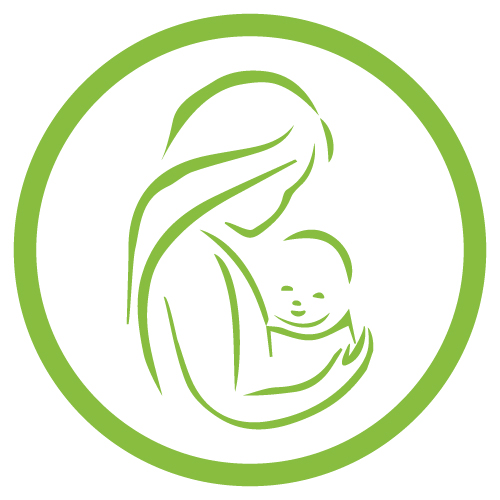 Trauma-Informed Care Online Course(s) & Continuing Education
Trauma-Informed Care Online Course(s) & Continuing Education
Access the latest clinical skills and research for Trauma-Informed Care for PERINATAL MENTAL HEALTH professional training. These Trauma-Informed Care online courses provide practice-changing skills and valuable perspectives from leading global experts. This Trauma-Informed Care education has been accredited for a variety of CEUs / CERPs and can be accessed on-demand, at your own pace.

Unpacking the concept of “Holding Space”: Beyond rhetoric toward action in supporting survivors of trauma in the childbearing years

An advocate for women, Jodi Hall has dedicated herself to understanding the impact of traumatic events on the childbearing years, and toward creating solutions designed to change lives. Jodi shares her knowledge on topics related to trauma in the lives of mothers through workshops and training sessions for healthcare professionals, counsellors and social service workers throughout the world.
Jodi has worked as a doula since 1995, and a woman’s abuse counsellor where Jodi gained experience working directly with women experiencing abuse. It is through years of sharing spaces with women experiencing abuse, that Jodi’s much sought after way of ‘being with’ women was nurtured.
Jodi Hall holds a PhD in Health and Rehabilitation Sciences from the University of Western Ontario. Jodi has been instrumental in various research studies on marginalized women’s access to services that promote health. She resides with her family in London, Ontario, where she co-runs a private counseling practice with Amanda Saunders, MSW, RSW and Holly Gibson, MSW, RSW, who are also skilled birth workers, called Sharing Spaces.
Topic: Unpacking the concept of “Holding Space”: Beyond rhetoric toward action in supporting survivors of trauma in the childbearing years - [View Abstract]
Topic: “If They Just Knew Better, They’d Do Better”: Care Provider Myths, Transliteracy, and the Need for a Trauma Informed Approach in Reproductive Care - [View Abstract]
The concept of “Holding Spaces” is often used to frame the way individuals enter into and bear witness to the stories, often of suffering, of others. How does this concept get enacted in a practical sense, what does it look like, sound like, feel like to hold space? How does the concept of holding space relate to trauma informed care? In this presentation, participants will be introduced to the principles of trauma informed care in a clinical context. A review of various approaches to holding spaces will be presented, including the emergence of the concept, range of applications, and common elements that are present across environments. Lastly, through a trauma informed lens, practices that enhance safety will be highlighted in moments when we “hold space” with our clients.

“How You Are Is as Important as What You Do”: The Importance of Reflective Practice in Providing Trauma-Informed Care

Sarah McNamee is a Licensed Clinical Social Worker and endorsed as an Infant Mental Health Mentor (Clinical). She is the Director/Owner of McNamee & Associates, LLC, a company that specializes in infant and early childhood mental health and supports families, communities, and providers through direct service, consultation, supervision/mentoring, and training. Sarah’s specialties include infant/early childhood mental health (with a focus on supporting families with baby/young child born premature, babies and young children with special health care needs, and highly sensitive babies/young children/parents), supporting infant regulation, reflective practice, and the provision of reflective supervision/consultation. Sarah is passionate about co-creating spaces that welcome the inherent wisdom and strength of individuals and communities in a trauma-informed and culturally responsive way. It is in these spaces that we discover the best tools we have for supporting individuals and communities, as well as changing our systems of care for babies, young children, and families. Sarah is the parent to three beautifully amazing and challenging human beings who continue to teach her the true meaning of intentional, attuned, and responsive caregiving.
"Grounded in the concept that “how you are is as important in what you do"" (Pawl & St. John, 1998), this presentation will allow participants the chance to learn about and engage in reflective practice. Reflective practice is the discipline of regularly “stepping back” to consider the meaning of what has transpired in relationships, and to examine one’s professional and personal responses to these interactions for the purpose of determining further action. (Emde, et al., 2001) Best practice suggests that by consistently engaging in reflective practice, we are better equipped to do our work in a relationship-based, trauma-informed, culturally responsive way.
Our time together will begin with the exploration of the possible ways in which stress and dysregulation (as well as regulation) show up in our bodies, our work, and in our lives. Through the use of didactic instruction and experiential exercises, we will then spend time learning about and utilizing reflective practice to better understand how to best support our regulation and strengthen the connections we build with others including the parents and babies we serve. "










